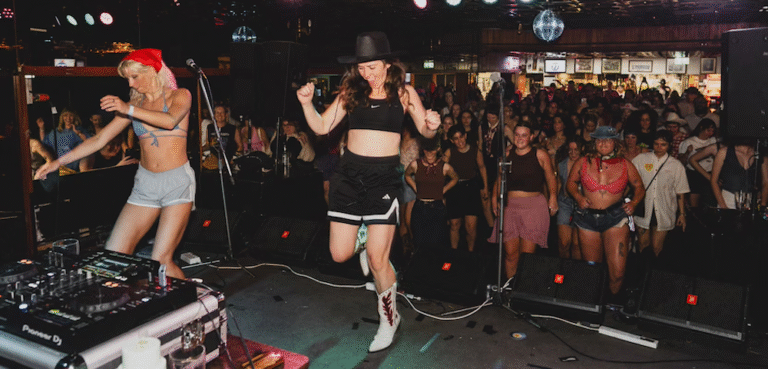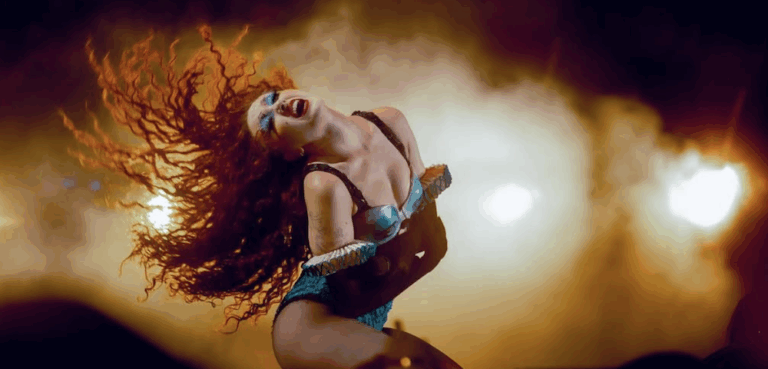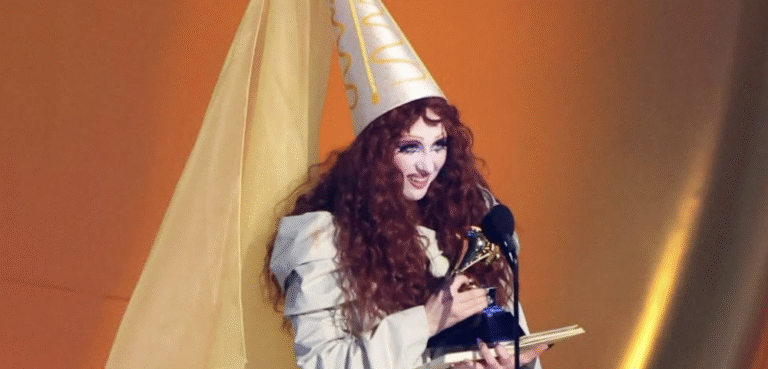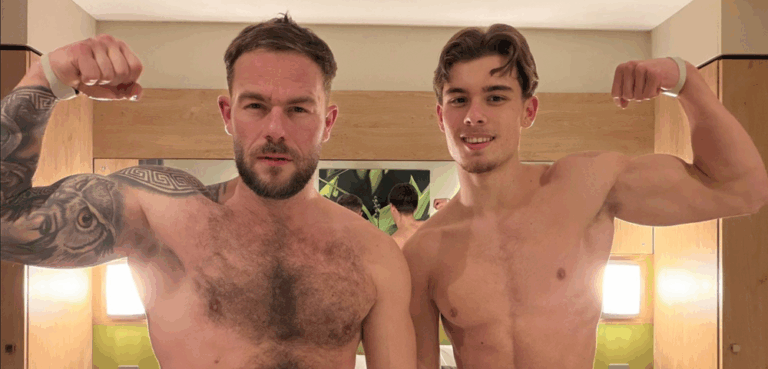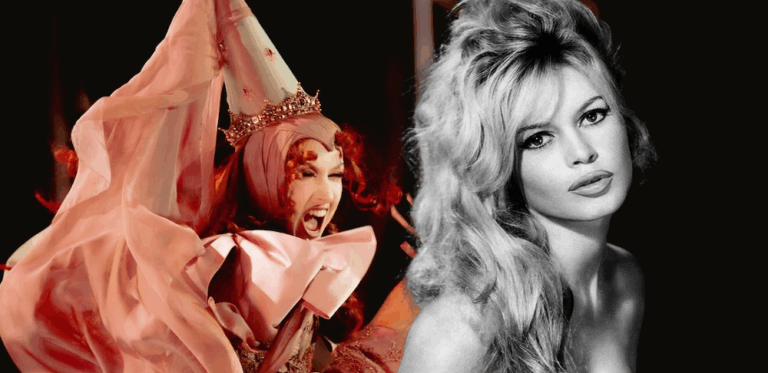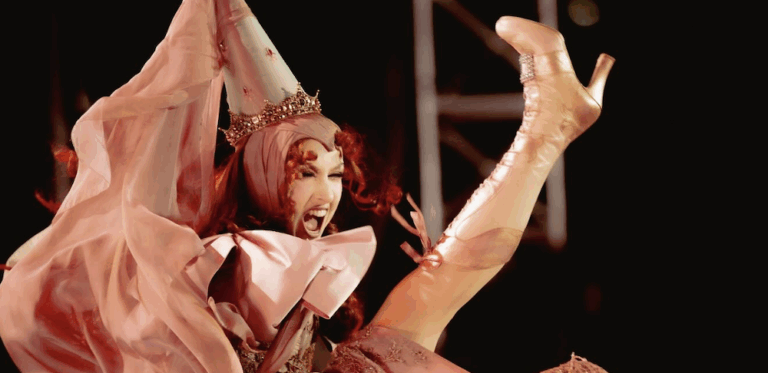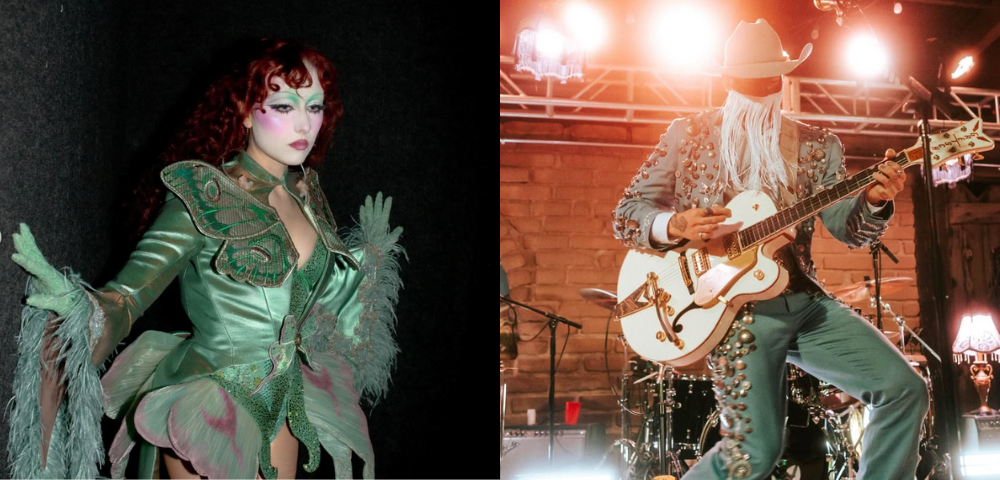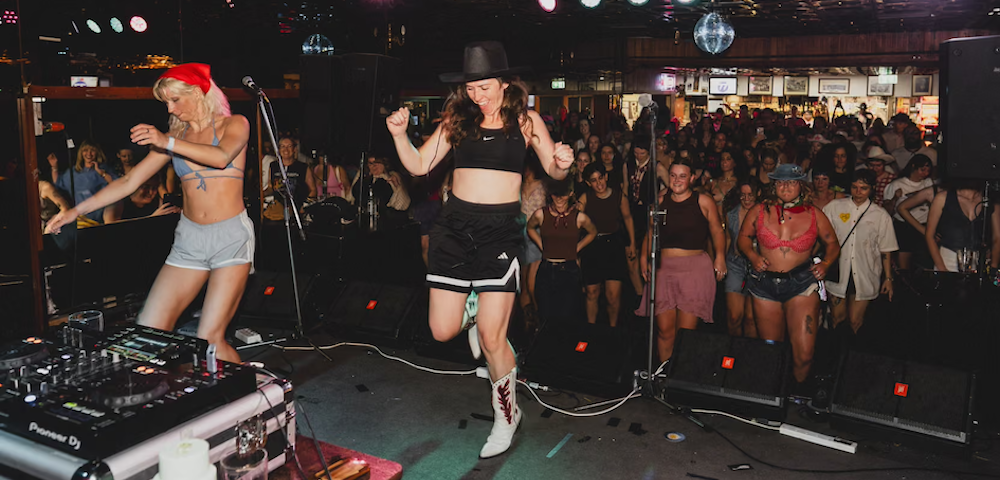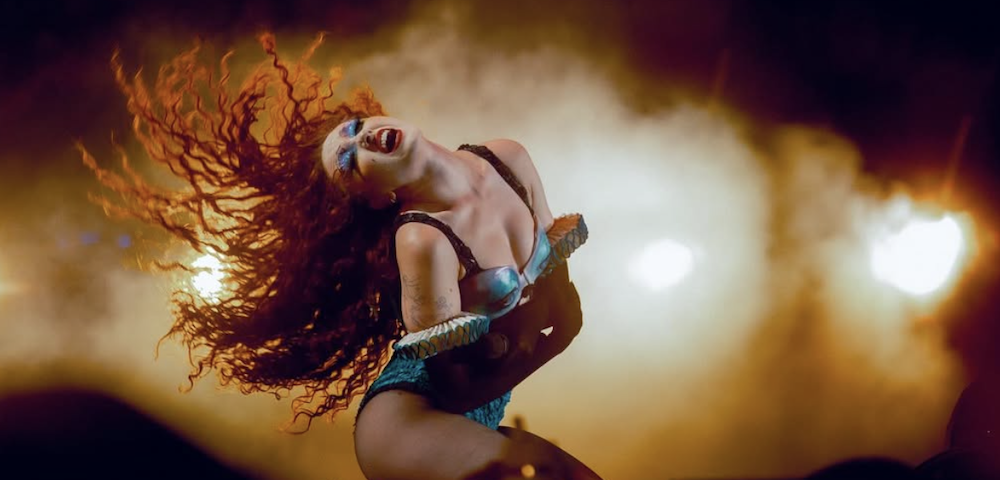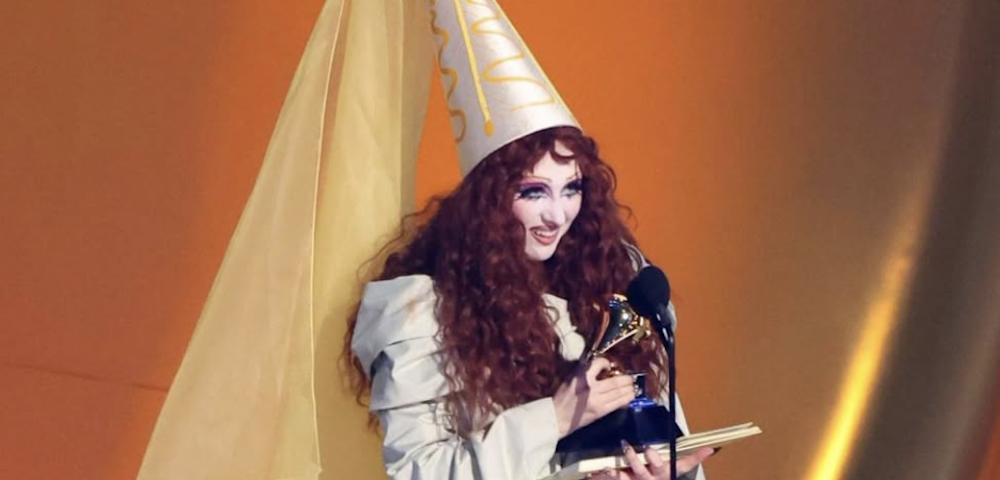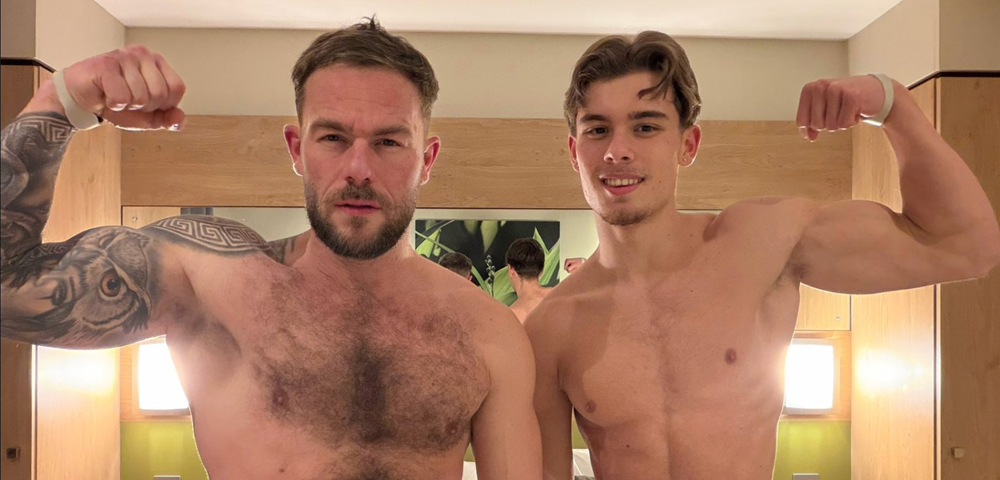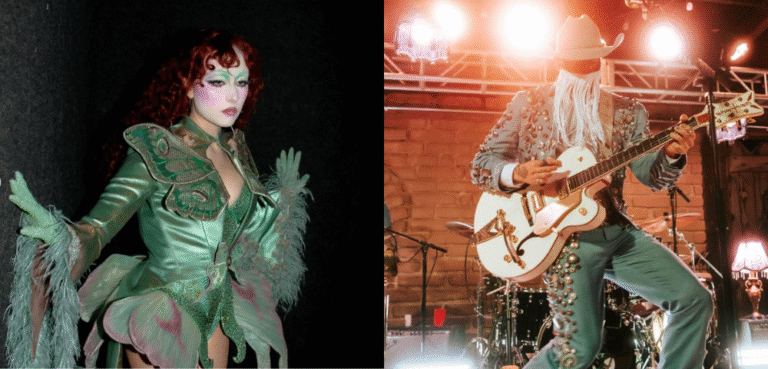
Toxic Fandom Behaviour is NEVER Okay & Chappell Roan Is Right To Say It
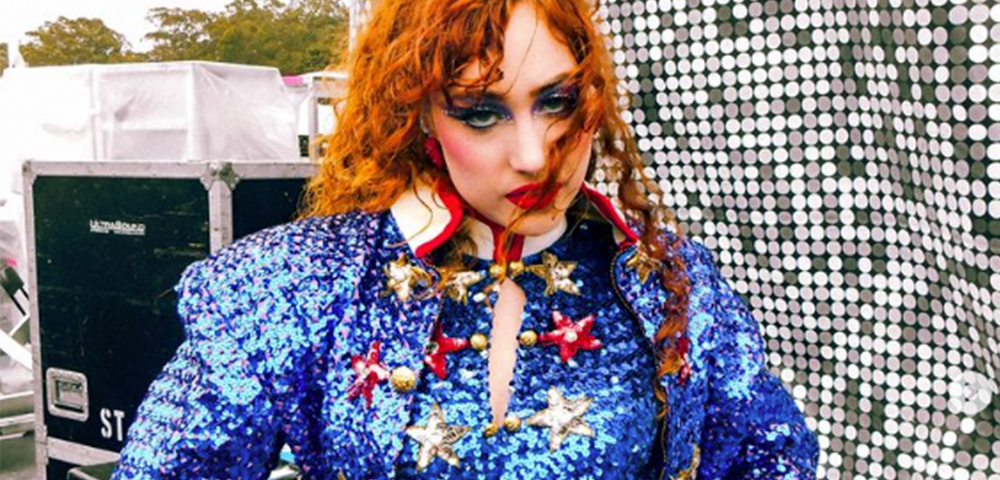
To say that Chappell Roan has been making waves lately is a total understatement.
Her debut album The Rise And Fall Of A Midwest Princess is a verified sleeper hit, and her incredible, Kate Bush-esque synthpop banger Good Luck, Babe! is topping charts across the world.
Frankly, she deserves all this success: there’s a reason she’s your favourite artist’s favourite artist!
Yet Chappell’s rapid rise to mainstream recognition has elucidated one of the more insidious sides of fame: toxic fandom.
Chappell Roan calls out fans for toxic behaviour & “being freaks”
On a recent appearance on Drew Afaulo‘s podcast ‘Comment Section‘, Roan said: “People have started to be freaks, [they] follow me and know where my parents live and where my sister works… I’ve pumped the brakes on, honestly, anything to make me more known.”
View this post on Instagram
Since then, Roan has spoken out to draw clear, reasonable personal boundaries.
“I don’t care that abuse and harassment is a normal thing to do to people who are famous,” she said. “I’m allowed to say no to creepy behaviour.”
In another statement on Instagram days later, Roan’s plea is really quite simple: “Please stop touching me. Please stop being weird to my family and friends. Please stop assuming things about me.”
View this post on Instagram
Does being a pop girlie mean you just simply accept toxic behaviour?
Though many fans have rallied behind Chappell and supported her willingness to set boundaries with her ever-increasing fanbase, there has inevitably been some pushback to her statement about fans.
Many people criticised her by simply saying she should expect this in her chosen career.
One post that really irked me said that Chappell was not “really cut out to be a pop girlie” after firmly setting these boundaries with her fans.
Are we really meant to accept that becoming a successful artist means you’re allowed to be subjected to inappropriate behaviour?
Have we forgotten the extremely simple idiom of “No means no”?
Why are so many quick to disregard or poke fun at an openly queer woman setting boundaries?
Celebrity obsession is with a curated persona, not the person
Roan is far from the only person to experience this, nor the only queer artist.
Celebrities have always been targets for stalking and harassment, but the advent of social media has exacerbated these issues to unprecedented levels.
Before every celebrity had social media, famous people had more control over their privacy.
Now, there’s countless fanpages giving constant updates on celebrities, resulting in parasocial relationships from hardcore fans who feel like they “know” an artist on a personal level.
Celebrities, like everyone, curate what they want their audiences to see, and often fans’ obsessions are based on a public persona rather than an actual person.
This obsession then has the capacity to transform into utter madness, which can see fans flagrantly disrespect the boundaries of a celebrity and their loved ones.
Chappell Roan: a living legend speaking facts
As such, I think that Roan deserves nothing but praise for her willingness to push back against this noxious element of fan culture.
This toxic sense of entitlement means fans feel that their favourite artist must give them attention, must speak on contemporary issues, must take time out of their day to take a photo – but celebrities have no obligation to do this.
If they say no to you, the response should be plain and simple: accept their boundaries.
It’s not that Roan is unappreciative of her rapid success or the large community of supporters she has gained. On Instagram, she said: “I embrace the success of the project, the love I feel, and the gratitude I have.”
But what she shouldn’t have to accept is behaviour that puts her in danger, or attitudes that see her more as a brand than a human.
No matter how ingrained this behaviour is in celebrity fandom culture, it’s not okay — and good on Chappell Roan for saying so.
